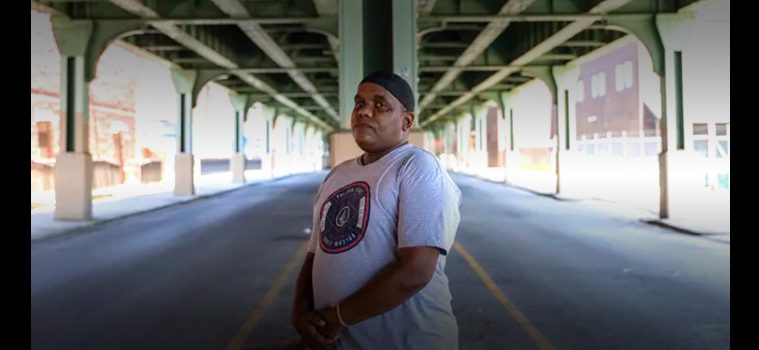HUNGER AND A COLD DEATH –
July 28, 2021 – “During the pandemic, they wouldn’t let us leave the house, you couldn’t go see your family — you couldn’t do anything, really,” he said. “I’m on methadone, and they took me to my clinic and back. Couldn’t go to [Narcotics Anonymous] meetings — that’s a good support system.”
Still, he said, life on the street had become even more unbearable than those challenges. “All those problems you face being homeless — not knowing where your next meal is going to be, whether you’ll be sick or well. There’s worse things in life than being isolated.”Kenya Edwards, the program director at Safe Haven, said it has been a rough year for clients and employees. Some treatment centers shut down or dramatically reduced intakes. Case managers who usually showed up to work with clients dropped off. The staff had to find ways to improvise life skills group meetings and other support systems for people who could be together because they lived in the same recovery house.
“Part of recovery, for some people, is building a routine,” said Michael Hinson, SELF Inc.’s CEO. “When you don’t have that routine, you begin to question what you should do. And not only did they not have the routine, they also didn’t have the support system. It really put people in a tailspin.”



